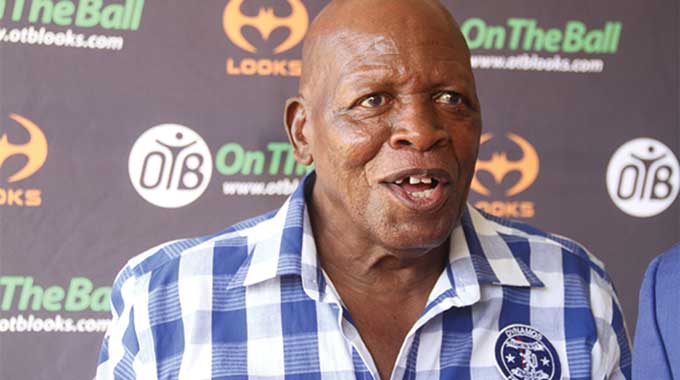
BY TIM MIDDLETON
ALUN Wyn Jones is a legend in the world of rugby. He is the world’s most-capped player in that sport with 162 international appearances, has the most caps as the captain of Wales, is one of only four players to have been selected for four British and Irish Lions tours and is one of only seven Welsh players to have won three Grand Slams in the annual Six Nations tournament. Furthermore, he was voted the Best Player in the Six Nations tournament in 2019 and has been nominated for World Player of the Year twice. That is not a bad CV! When he speaks, we would do well to listen.
Of all those international appearances he has won 79 and lost 80 and in that light, he has been recorded as saying that, “I am proud of being a bad loser. Bad losers are winners. That is the way it should be.”
But is being a bad loser a bad thing? Is it something to be proud of? Is it the way it should be? More importantly, what is a bad loser?
Is Jones simply saying that he does not like losing, that he does all he can not to lose? Or is he saying something much stronger, along the lines that losing is the worst possible thing that can happen to him and he will do everything within his power to prevent it ever happening, so dreadful would it be?
Is that what makes a bad loser? Does it mean that he mopes around for weeks after a defeat, that he locks himself away in a room for days to get over the terrible disgrace of losing, that he throws chairs round the dressing room and upsets whatever gets in his way? Is that a bad loser?
George Carlin, the American comedian, has commented very strongly and passionately on the matter in a similar vein: “Sore loser? You bet your &?#@ ass! What on earth is wrong with being a sore loser? It shows you cared about whatever the contest was in the first place. &?#@ losing graciously – that’s for chumps. And losers, by the way.”
He too would argue that bad losers are winners – and therefore by implication, good losers (people who take losing calmly) are simply losers. No-one should lose well, in such people’s eyes. People must take defeat badly, painfully, if they are going to succeed.
- Chamisa under fire over US$120K donation
- Mavhunga puts DeMbare into Chibuku quarterfinals
- Pension funds bet on Cabora Bassa oilfields
- Councils defy govt fire tender directive
Keep Reading
Someone else has chimed in to declare that he has “Never met a winner that wasn’t a sore loser.” Losing has to hurt, they say, so that it is avoided at all costs.
The former American President, Richard M. Nixon, provides a different insight though when he once remarked that, “You must never be satisfied with losing. You must get angry, terribly angry, about losing. But the mark of the good loser is that he takes his anger out on himself and not his victorious opponents or on his teammates.”
The anger, if it is necessary, is better directed at self than others.
Carlin and others argue that being a bad loser shows we care; in contrast we might respond that it shows we care too much or we take things too seriously, in the greater scheme of things.
It is similar to the argument often used to say that a coach must be on his feet patrolling the coach’s technical area throughout the whole match, shouting instructions all the time to his players, appealing for every decision, playing every move, inciting the crowd to make more noise, gesticulating wildly and passionately; that coach cares, people claim.
However, a coach may actually do better sitting down quietly, calmly watching what is happening, thinking carefully through possible alternatives, trusting his players confidently to do what they have spoken about. He takes great care in his thinking.
In a similar manner, we can show we care by taking defeat calmly (not casually) and rationally, thoughtfully and honestly, in full control of our emotions and our thoughts.
That is good, sensible and responsible. It is not a knee-jerk reaction but a well-considered response. In that respect, therefore, we can be a good loser.
We will be a good loser if we honestly reflect on what happened in the match, consider what needs to be done to redress the problem. We can be a good loser by accepting whatever has happened, whether it was fair or not, as nothing can be done to change the result after the event but everything can be done to avoid it happening in the future.
We will lose well if we work out what went wrong and it need not take days locked away in a darkened room to establish that. We do not need to get angry to do that, while being angry will not necessarily help us.
Bad losers lose badly; good losers lose well. And those who lose well will be winners – simple! We do not need to play over 150 times for our country, or even get angry, to determine that.
- Tim Middleton is a former international hockey player and headmaster, currently serving as the Executive Director of the Association of Trust Schools Email: [email protected]










